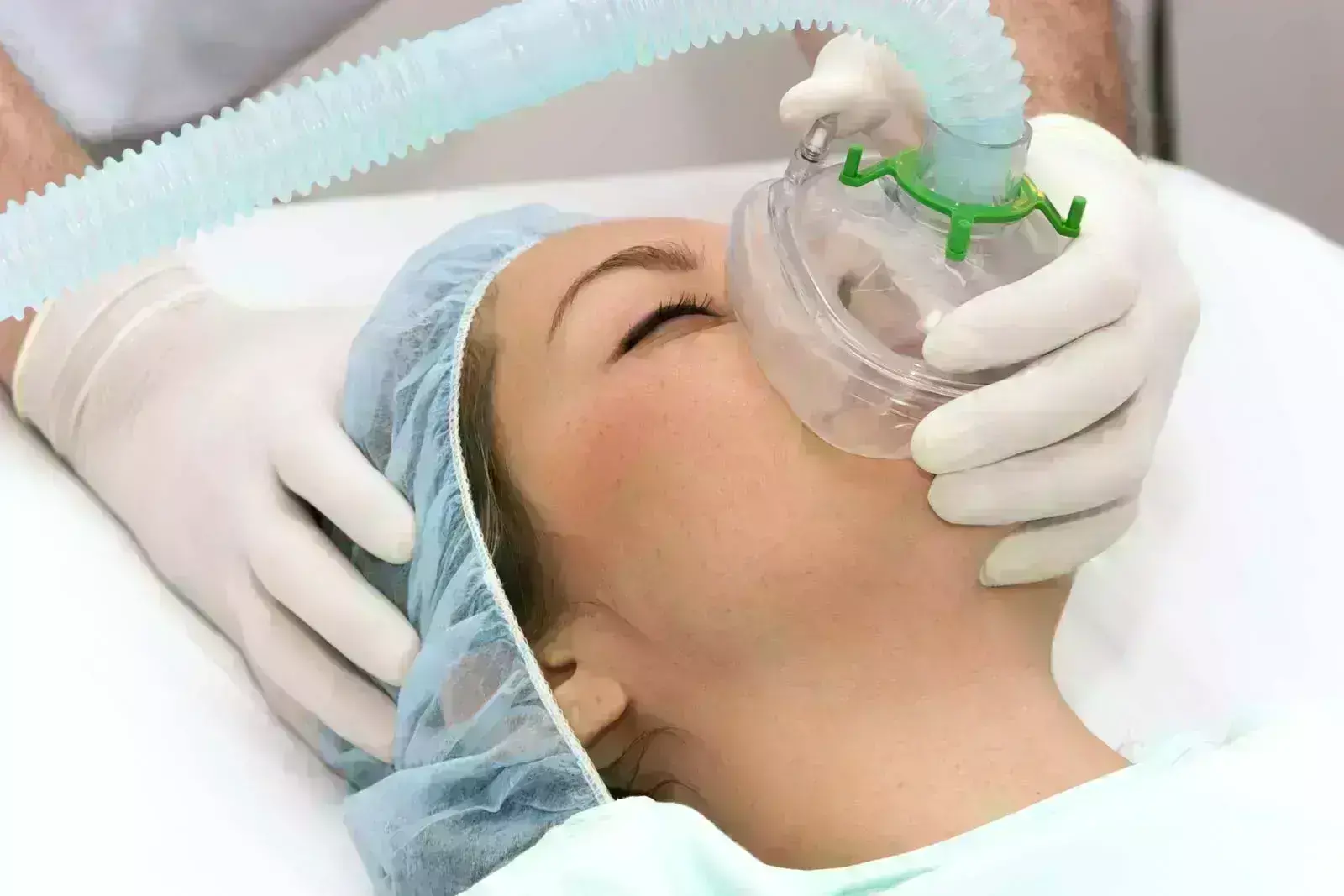- Home
- Medical news & Guidelines
- Anesthesiology
- Cardiology and CTVS
- Critical Care
- Dentistry
- Dermatology
- Diabetes and Endocrinology
- ENT
- Gastroenterology
- Medicine
- Nephrology
- Neurology
- Obstretics-Gynaecology
- Oncology
- Ophthalmology
- Orthopaedics
- Pediatrics-Neonatology
- Psychiatry
- Pulmonology
- Radiology
- Surgery
- Urology
- Laboratory Medicine
- Diet
- Nursing
- Paramedical
- Physiotherapy
- Health news
- Fact Check
- Bone Health Fact Check
- Brain Health Fact Check
- Cancer Related Fact Check
- Child Care Fact Check
- Dental and oral health fact check
- Diabetes and metabolic health fact check
- Diet and Nutrition Fact Check
- Eye and ENT Care Fact Check
- Fitness fact check
- Gut health fact check
- Heart health fact check
- Kidney health fact check
- Medical education fact check
- Men's health fact check
- Respiratory fact check
- Skin and hair care fact check
- Vaccine and Immunization fact check
- Women's health fact check
- AYUSH
- State News
- Andaman and Nicobar Islands
- Andhra Pradesh
- Arunachal Pradesh
- Assam
- Bihar
- Chandigarh
- Chattisgarh
- Dadra and Nagar Haveli
- Daman and Diu
- Delhi
- Goa
- Gujarat
- Haryana
- Himachal Pradesh
- Jammu & Kashmir
- Jharkhand
- Karnataka
- Kerala
- Ladakh
- Lakshadweep
- Madhya Pradesh
- Maharashtra
- Manipur
- Meghalaya
- Mizoram
- Nagaland
- Odisha
- Puducherry
- Punjab
- Rajasthan
- Sikkim
- Tamil Nadu
- Telangana
- Tripura
- Uttar Pradesh
- Uttrakhand
- West Bengal
- Medical Education
- Industry
Deep anesthesia may reduce pain after sleeve gastrectomy in obese patients, suggests research

The findings of a recent clinical trial determined that obese patients who undergo laparoscopic sleeve gastrectomy experience significantly lower levels of acute postoperative pain (APP) when subjected to deeper levels of anesthesia. The findings of this study were published in the recent edition of Obesity Surgery journal offers new insights into pain management protocols that could improve the recovery outcomes.
This prospective, double-blinded randomized clinical trial included 90 patients and segregated them into two groups based on the depth of anesthesia administered during surgery. One group received what is termed as light anesthesia (Bispectral Index of 50, BIS 50), while the other was subjected to deeper anesthesia (BIS 35). Close monitoring of the pain levels was performed with the visual analogue scale (VAS) at various intervals post-surgery, specifically at 0, 12, 24, 48 and 72 hours. Along with pain levels, this study evaluated the use of analgesics, incidence of postoperative nausea and vomiting (PONV) and overall patient recovery quality through the Quality of Recovery-15 (QoR-15) score.
The results from this trial indicated that patients in the BIS 35 (deep anesthesia) group reported lower pain scores at the initial 24 hours post-operation when compared to their counterparts in the BIS 50 group. Also, these patients also expressed a reduced need for pain relief medication during their recovery period. Assessments carried out on the third day post-surgery showed elevated patient satisfaction in the group that received deeper anesthesia.
These findings suggest that the depth of anesthesia plays a pivotal role in managing APP and contributes towards reducing the consumption of analgesics and enhancing the patient satisfaction. The reduction in pain experienced by the deep anesthesia group could significantly impact recovery trajectories which potentially leads to quicker discharges from the hospital and better overall recovery experiences.
The implications of this study are majorly important for the surgical management of obesity, which is linked to increased sensitivity to pain. Thereby, optimizing anesthesia protocols during surgeries like the laparoscopic sleeve gastrectomy could become a critical element of surgical strategies. This research opens new avenues for patient care and also sets the stage for further studies and trials to explore how anesthetic depth can be leveraged to improve surgical recovery across the different types of operations.
Reference:
Zhang, X., Chen, X.-Y., Gao, R.-J., Huang, Y., Mao, S.-M., & Feng, J.-Y. (2024). The Effect of Depth of Anesthesia on Postoperative Pain in Laparoscopic Sleeve Gastrectomy: A Randomized Controlled Trial. In Obesity Surgery. Springer Science and Business Media LLC. https://doi.org/10.1007/s11695-024-07207-3
Neuroscience Masters graduate
Jacinthlyn Sylvia, a Neuroscience Master's graduate from Chennai has worked extensively in deciphering the neurobiology of cognition and motor control in aging. She also has spread-out exposure to Neurosurgery from her Bachelor’s. She is currently involved in active Neuro-Oncology research. She is an upcoming neuroscientist with a fiery passion for writing. Her news cover at Medical Dialogues feature recent discoveries and updates from the healthcare and biomedical research fields. She can be reached at editorial@medicaldialogues.in
Dr Kamal Kant Kohli-MBBS, DTCD- a chest specialist with more than 30 years of practice and a flair for writing clinical articles, Dr Kamal Kant Kohli joined Medical Dialogues as a Chief Editor of Medical News. Besides writing articles, as an editor, he proofreads and verifies all the medical content published on Medical Dialogues including those coming from journals, studies,medical conferences,guidelines etc. Email: drkohli@medicaldialogues.in. Contact no. 011-43720751


